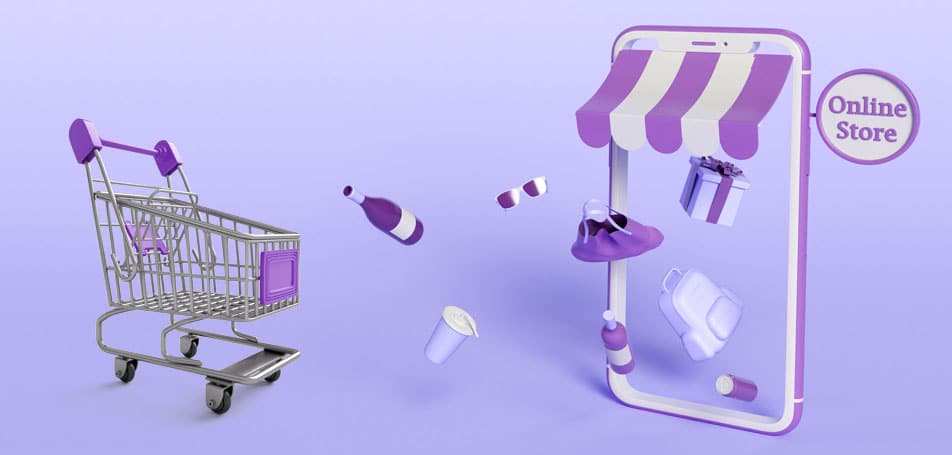
ReCommerce refers to the selling of second hand products online. While a lot of reCommerce still occurs on Peer to Peer marketplaces such as Facebook Marketplace, DePop and Ebay, there has been a recent rise of independent stores that sell only pre-owned products. In fact, this trend is so prevalent that Coresight Research has revealed that reCommerce sellers are growing at 20 times the rate of traditional retailers.
Although the reCommerce market is booming right now, this does not mean that it is a great fit for every kind of eCommerce store. The viability of reCommerce largely depends on what type of product you sell. Here are some of the questions that you should ask yourself about whether dipping your toe in the reCommerce market is right for you.
1. Is there a thriving used products market in your niche?
Clearly, reCommerce is only going to work if there is specific demand for used products in the wider industry that you sell in. For some products, such as clothes and cars, such demand is self-evident. There are huge online and physical stores catering to these markets, so there has to be this demand.
However, for the majority of niches, the demand for second hand products is not so obvious. There are, however, two fairly solid ways of testing such demand. These are:
- Google: “buy used/preowned/secondhand {{product}} and see if Google ads appear: If competitors are bidding on these keywords and they are highlighting that they are selling used products in their ads then you can be sure that there is a thriving market for such items.
- Look up keyword volumes on “buy used/preowned/secondhand {{product}}: Keyword tools tend to vastly underestimate actual search volume, so if it says that there are over 500 monthly searches for these then that is a good indicator of demand.
It’s well worth bearing in mind that margins for selling second hand products are usually lower than with new products. ReCommerce is a volume game, so you need to be selling products that are in very high demand.
2. Is there a way that you can source high quality second hand products at scale?
To make reCommerce work, you need to be able to find vendors from which you can source high quality used products reliably and at a decent amount of scale.
Sourcing such products from individual consumers is rarely the best route to go down for this, as generally consumers will only give you a small amount of product each. This leaves you with the logistical nightmare of having to manage a huge number of relationships with “vendors.”
Rather you want to be in a position where you can find companies with excess stock that they do not have an efficient means of monetizing. If you can offer them an easy way to not waste these items, but one that allows you to make a healthy profit off it, then the margins may well be there to make reCommerce viable.
It’s worth doing some exploring to see whether there are any businesses that you could form this sort of a partnership. A good place to start are businesses that serve the exact same market as you do, but who are not in direct competition to you. For example, as a tire retailer, we source most of our tires from smaller mechanics and vehicle technicians.
3. Are there objective ways that you can measure product condition?
One of the biggest problems that reCommerce retailers face is quality control and dealing with excessive returns. Used products are more likely to be faulty or damaged than new ones, simply due to wear and tear.
This issue is best resolved by setting out an objective set of criteria for what makes a product that you sell of sufficient condition. By having such an objective criteria, there can be little room for dispute with vendors and customers about whether the goods that you bought were of satisfactory condition.
For some products, setting out such an objective, measurable set of criteria will be easier than others. The potential headache involved in doing this should influence whether you think that your market is ready for reCommerce.
Conclusion
Although reCommerce is a growing market and a bit of a hot topic in online retail, it is only suited to those selling very specific types of products.
However, if there is a thriving demand for used goods in your niche, it may well be worth exploring ways of acquiring cheap second hand products that you can then resell to help scale your online store.













